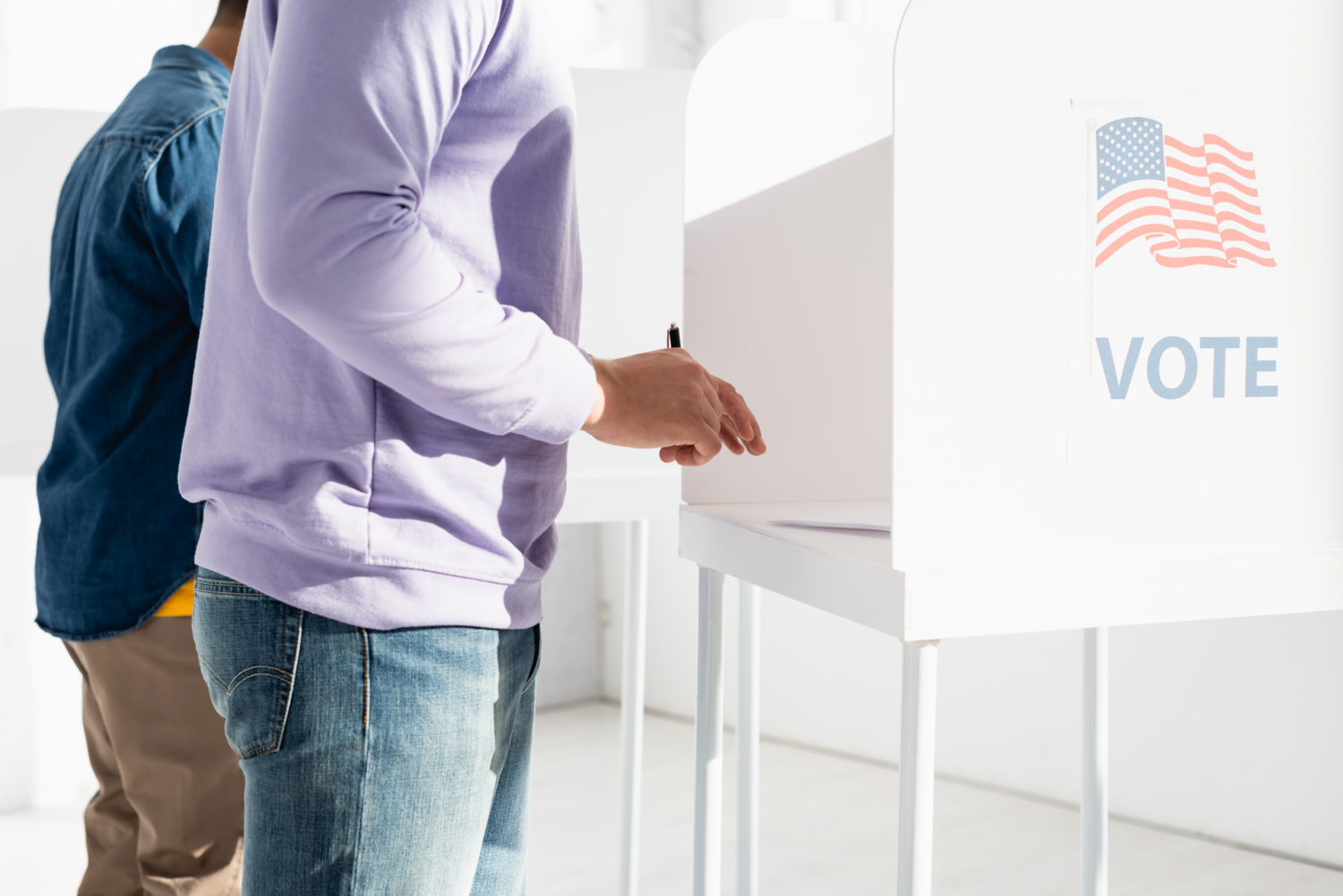Press releases
Issue One reacts to SAVE Act passage in the House, urges senators to vote ‘no’
Media Contact
Cory Combs
Director of Media Relations

In response to today’s vote in the House of Representatives passing the Safeguard American Voter Eligibility (SAVE) Act — federal legislation that would require voters to provide in-person documentary proof of citizenship when registering to vote in federal elections — Issue One’s Vice President of Advocacy Alix Fraser issued the following statement:
“The SAVE Act is a misguided policy that imposes unfunded, logistically impractical, and legally dubious requirements on election officials nationwide. By mandating proof of citizenship without providing the necessary resources or implementation support, it risks disenfranchising eligible voters and overwhelming local election offices.
“We urge the Senate to reject the SAVE Act. If Congress is serious about strengthening election security, lawmakers must work with election officials — not expose them to legal liability — to craft pragmatic solutions. Any legislation aimed at safeguarding voter eligibility must also uphold the integrity and accessibility of our electoral process.”
Last week, in a letter addressed to Congress and organized by Issue One, 60 bipartisan election officials from across the country voiced their opposition to the SAVE Act, arguing that the proposed changes “represent a major administrative undertaking that would be shouldered entirely by local election offices — many of which operate under tight budgets and limited personnel.”
“States already have systems in place to verify voter identity, and many have backend processes to confirm citizenship status,” the letter states. “As election officials, our priority is to conduct secure, efficient, and well-organized elections. The SAVE Act places an unfunded, unworkable, and legally risky burden on election administrators without offering the necessary resources or implementation support. We urge you to oppose this bill and instead work with election officials to develop policies that strengthen election security without jeopardizing administrative efficiency or exposing election personnel to legal liability.”
The SAVE Act would require most applicants to produce multiple forms of identification that millions of eligible voters do not possess, would expose election officials to legal liability, and mandates immediate implementation, leaving no time for election officials to develop the necessary systems and processes to comply.
Issue: Election Protection
